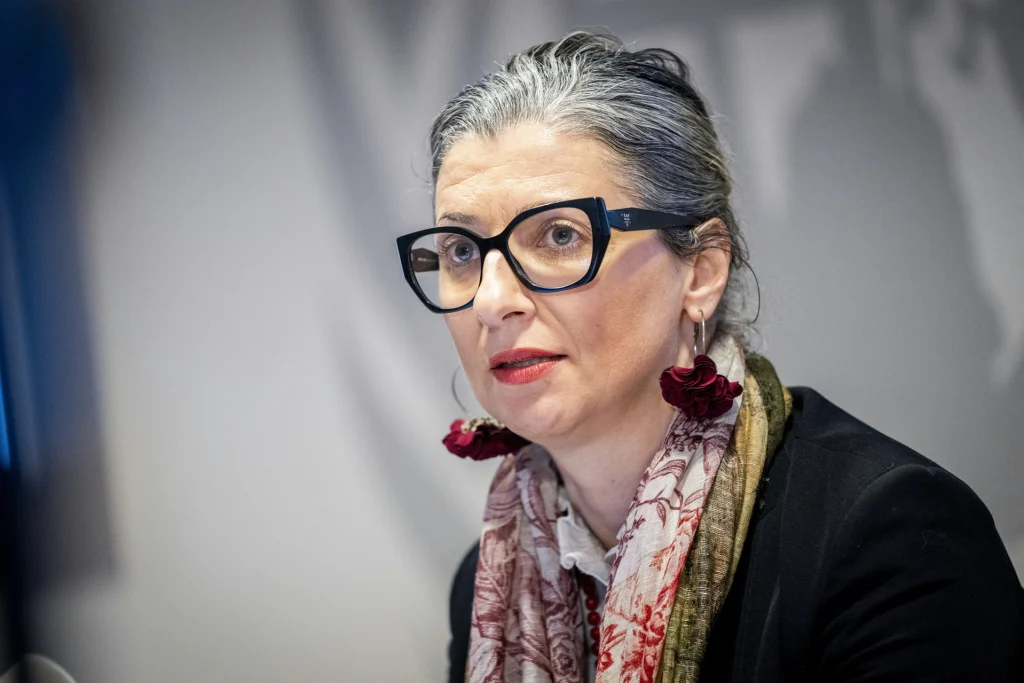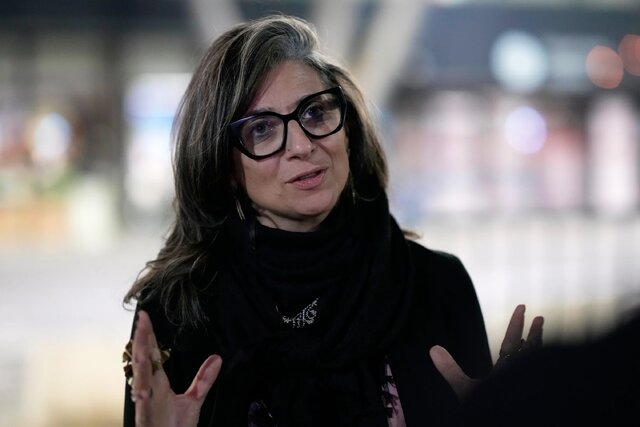Human rights advocates have rallied in defense of Francesca Albanese, the U.N. special rapporteur on human rights in the occupied Palestinian territories, after the United States imposed sanctions on her—citing what it called “unfair criticism of Israel.” Lawyers and U.N. officials are warning that this sets a dangerous precedent.
U.N. Rapporteur Faces U.S. Sanctions
Italian human rights lawyer Francesca Paola Albanese, appointed as U.N. special rapporteur on human rights in the Palestinian territories in May 2022 and confirmed for a second term in April 2025, has frequently criticized Israeli policies toward Palestinians. In a latest report, she identified more than 60 companies—including U.S. firms—accused of supporting Israeli settlement activity in the West Bank and military operations in Gaza.

On July 9, 2025, U.S. Secretary of State Marco Rubio announced sanctions against Albanese, claiming she was spearheading “a campaign of political and economic warfare” by calling for prosecutions of Israeli officials at the International Criminal Court.
U.N. Officials and Rights Advocates Condemn the Move
- Volker Türk, U.N. High Commissioner for Human Rights, urged the U.S. to reverse its decision, stating that member states should engage constructively rather than resort to punitive measures.
- Sabrina Dujarric, U.N. Secretary‑General’s spokesperson, decried the sanctions as “a dangerous precedent,” emphasizing that special rapporteurs are independent experts beyond the Secretary‑General’s direct control.
- Jürg Lauber, Switzerland’s permanent representative to the U.N. and current chair of the Human Rights Council, criticized the sanctions, urging countries to refrain from “threatening or retaliatory actions” against U.N. experts.
Worries About a Dangerous Precedent
Mariana Katzarova, U.N. special rapporteur on human rights in Russia, warned that the U.S. action could set a precedent, opening “the door for other governments to do the same,” calling it “an attack on the entire U.N. system”.
Context: U.S. Pressure on International Justice
The U.S. previously sanctioned several officials of the International Criminal Court, which later issued arrest warrants for Israeli Prime Minister Benjamin Netanyahu and then‑Defense Minister Yoav Gallant over alleged war crimes in Gaza.
Meanwhile, the International Court of Justice is reviewing a genocide case filed by South Africa against Israel.
Victims, Rights Groups Respond
- Liz Evenson, director of International Justice at Human Rights Watch, cautioned that the U.S. is undermining institutions that victims rely on.
- Kenneth Roth, former executive director of Human Rights Watch, called the sanctions an attempt to “deter accountability for war crimes and genocide in Gaza”.
A History of U.S.–U.N. Tensions
The U.S., previously an active Human Rights Council member, withdrew in the Trump era, citing “bias against Israel.” The administration has since escalated actions against U.N. and international justice mechanisms.


